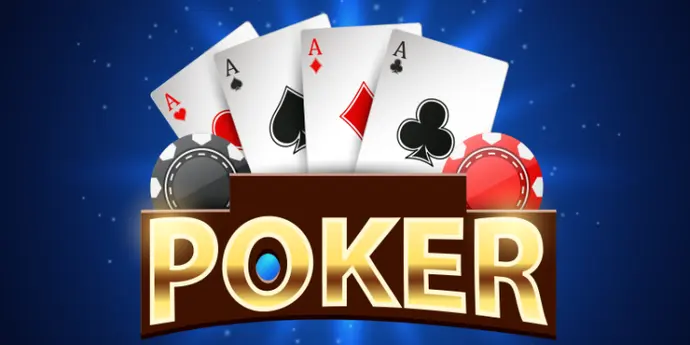In the grand arena of casino entertainment, while slot machines dazzle with instant gratification and table games like Blackjack offer classic strategic encounters, poker has carved out a unique and arguably dominant position. Unlike most other casino games where players compete against the “house,” poker places individuals head-to-head, transforming it from a game of chance against the odds into a profound test of skill, strategy, and psychological acumen. It’s this distinct dynamic that has propelled top casinos not on GamStop from smoky backrooms to global prominence, solidifying its reign as a truly captivating intellectual pursuit.
From Humble Beginnings to a Global Phenomenon
Poker’s exact origins are debated, but its roots can be traced to various card games played in 19th-century America. It gained traction on Mississippi riverboats and in saloons, slowly evolving into the game we know today. For decades, it remained largely a niche pursuit, understood and played by a dedicated few.
The true explosion of poker’s popularity, often dubbed the “Poker Boom,” occurred in the early 2000s. Several factors contributed to this surge:
- Television Broadcasts: The introduction of “hole card cameras” in televised poker tournaments (like the World Series of Poker) allowed viewers to see players’ hidden cards. This transformed poker from a static, unintelligible game into a dramatic, highly engaging spectator sport, revealing the intricate strategies and bluffs.
- Online Accessibility: The rise of the internet made poker accessible to millions. While real-money online poker rooms proliferated globally, countless play-money platforms and educational resources also emerged, allowing new players to learn and practice without any financial risk. This vastly expanded the player base and fostered a global community.
- Celebrity Endorsement: High-profile celebrities and athletes took up the game, lending it an aura of sophistication and excitement.
The Skill Factor: A Game of Minds, Not Just Luck
The core reason for poker’s distinct status is its undeniable emphasis on skill. While luck plays a role in the short term (the cards you’re dealt), consistent success over the long run belongs to the most skilled players. This is fundamentally different from games like Roulette or Slots, where every outcome is purely random, and the house always holds a mathematical edge.
In poker, you’re not beating the house; you’re beating your opponents. This shifts the focus from managing probabilities against an unyielding house edge to outthinking, outmaneuvering, and out-strategizing other human beings.
The Deep Dive into Psychology and Strategy
Poker’s strategic depth is immense, appealing strongly to those who enjoy intellectual challenges:
- Reading Opponents: A significant skill in poker is the ability to “read” opponents – to deduce the strength of their hands based on their betting patterns, body language (in live games), and past tendencies.
- Bluffing and Deception: The art of representing a strong hand when weak, or a weak hand when strong, is a cornerstone of poker strategy, demanding courage, timing, and an understanding of human psychology.
- Mathematical Probability: Successful poker players constantly calculate pot odds, implied odds, and equity to make optimal betting decisions, transforming the game into a complex mathematical puzzle.
- Positional Play: A player’s position at the table relative to the dealer significantly impacts their strategic options, adding another layer of complexity.
- Emotional Control (Tilt Management): Maintaining composure and making rational decisions, even after bad beats or frustrating hands, is crucial for long-term success. This psychological resilience is a defining trait of top players.
A Community, Not Just a Game
The interactive, player-vs-player nature of poker has fostered a vibrant global community. Discussion forums, strategy guides, educational videos, and live streams allow players to constantly learn, share experiences, and improve their skills. This sense of shared learning and collective passion further cements poker’s unique appeal.
The Throne of Challenge and Engagement
Poker’s ascent to its “kingly” status among casino games is a testament to its multifaceted appeal. It offers an unparalleled blend of random chance and profound skill, psychological warfare and mathematical precision, and a sense of direct competition against human minds. For those who relish intellectual challenges and the thrill of strategic mastery, poker stands as the ultimate test, providing a captivating and endlessly engaging pursuit unlike any other.

